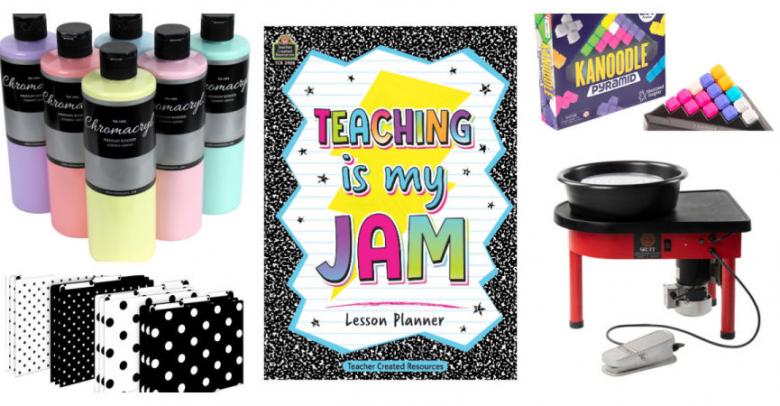Many states and school districts are realizing that new teachers need help. It’s not enough to simply pass through a teacher training program and be thrown into a classroom (who ever thought this was a good idea?). Careful research has shown that formal mentorship programs help new teachers learn tricks of the trade and feel more confident in their work — and that leads to less burnout and turnover later.
Mentorship is great for new teachers, of course, but what about the mentor herself? Coaching a newbie takes a lot of time and effort, not to mention the emotional investment that every great teacher makes in her students and protégés. If you’re compensated at all for your role as a mentor, it’s not likely to be much of a stipend — especially if you calculate it as an hourly rate.
Still, being a mentor does have its privileges. Here are ways in which mentors benefit from helping new teachers learn the ropes:
Shine a Spotlight on Your Practice
There’s nothing quite like the glare of an observation to make you really think about what you’re doing in a lesson or the effectiveness of your classroom management techniques. The perk of being observed by a new teacher is that you get all the benefits of being observed with none of the stress that comes when your principal drops in. Answering a novice teacher’s questions about why and how you do what you do will encourage you to assess your own teaching, and you might be inspired to tweak your methods for the better.
Pick Up New Tips
Chances are good that your mentee is bursting with new ideas just learned from student teaching and all those methods courses. Ask about them! You can learn a lot by keeping an open mind about new methods and materials, and giving your new teacher a chance to explain them will help her become more aware of what she’s doing – and why. Think of it as a mini-crash course on the latest trends in education.
Boost Building Morale
Working closely with young teachers can build relationships that will last well beyond that first year of a new teacher’s career. The ripple effects of these friendships will create an environment of camaraderie and teamwork throughout your school. It’s these relationships that keep morale up in the face of administrative turnover and ever-increasing standardized testing demands. When you’re having a hard time in the future, you’ll have a friendly face to turn to.






Leave a Reply